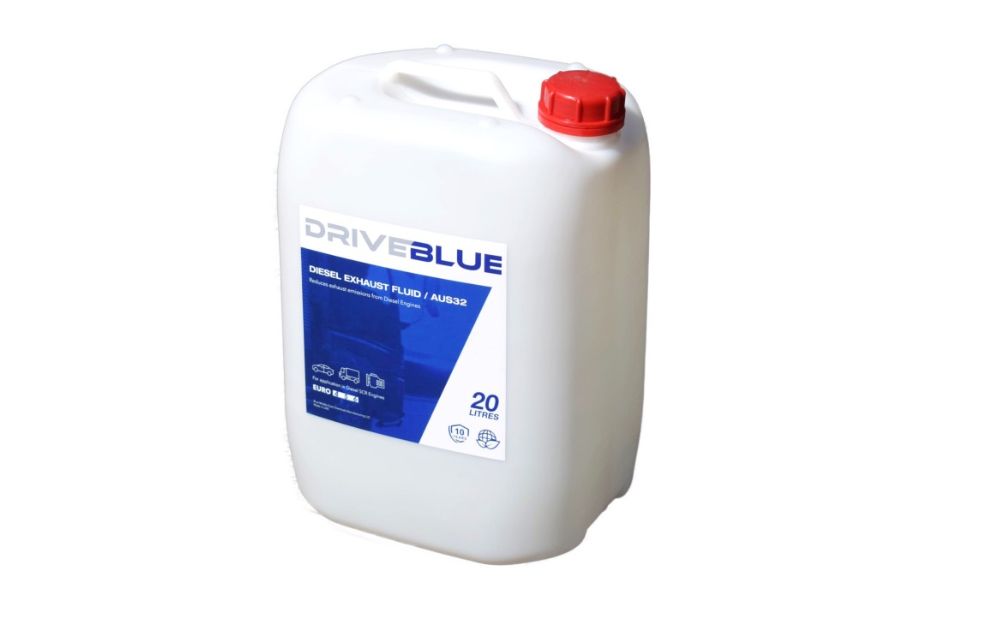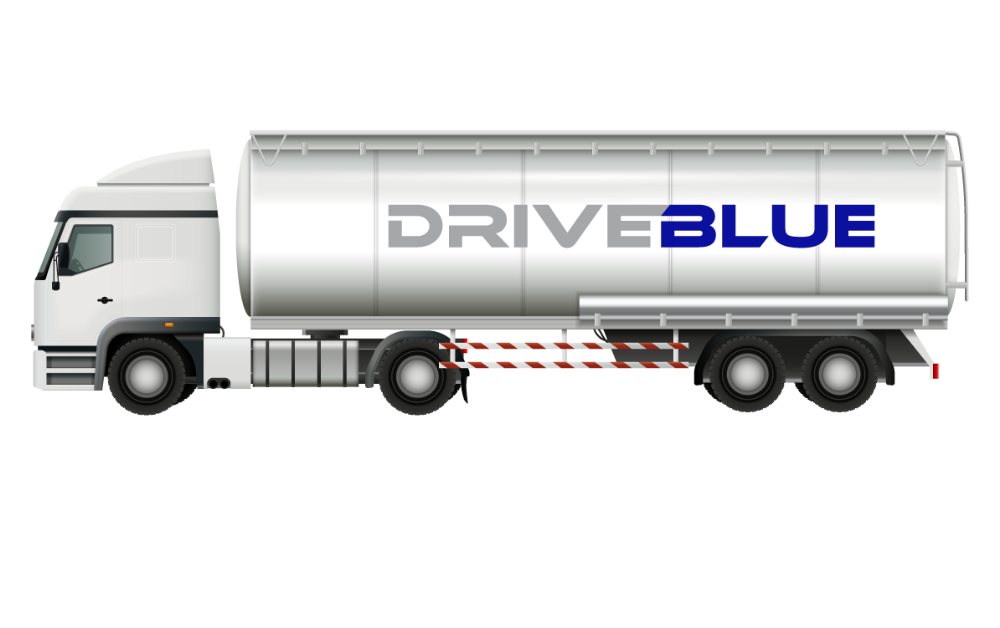In the modern era of transportation, sustainability is no longer optional—it is a responsibility. With the growing urgency to reduce environmental impact and comply with stringent emission regulations, fleet operators are constantly looking for ways to improve fuel efficiency and minimize pollution. One of the most effective solutions in this space is the use of blue additive for diesel engines.
This blog explores how this additive contributes to cleaner diesel combustion, enhances operational efficiency, and supports sustainability goals in large-scale fleet operations.

What is Blue Additive and How Does It Work?
Blue additive, often referred to as Diesel Exhaust Fluid (DEF), is a high-purity urea solution composed of 32.5% urea and 67.5% deionized water. It is not a fuel additive but is injected into the exhaust stream of modern diesel vehicles equipped with Selective Catalytic Reduction (SCR) systems.
When injected into the hot exhaust gases, the blue additive for diesel engines breaks down harmful nitrogen oxides (NOx) into harmless nitrogen and water vapor through a chemical reaction. This process significantly reduces the toxic emissions that contribute to air pollution and smog.
Environmental Benefits of Blue Additive for Diesel Engines
1. Significant Reduction in NOx Emissions
Nitrogen oxides are among the most harmful pollutants emitted by diesel engines, contributing to respiratory problems and environmental degradation. Blue additives can reduce NOx emissions by up to 90%, making diesel engines more eco-friendly.
2. Compliance with Emission Standards
In markets like the UAE, Europe, and the U.S., strict emission regulations are enforced to limit NOx and particulate matter. Using blue additive for diesel engines helps fleets comply with Euro 6 and equivalent emission standards, avoiding heavy penalties and ensuring operational legality.
3. Reduced Carbon Footprint
By enabling cleaner combustion and reducing harmful emissions, blue additives help fleet operators lower their overall carbon footprint. This is particularly important for companies pursuing sustainability certifications or those with corporate social responsibility (CSR) goals related to environmental impact.
Operational Advantages for Fleet Management
Sustainability is not just about emissions—it’s also about efficient resource use and long-term viability. Here’s how blue additives contribute to efficient fleet operations:
1. Improved Fuel Efficiency
While DEF itself doesn’t enhance fuel quality, the SCR system it supports allows diesel engines to run at higher combustion temperatures, improving fuel efficiency. Operators may see fuel savings ranging from 3% to 8%, depending on the engine and driving conditions.
2. Extended Engine Life
Engines operating with SCR systems and blue additives tend to experience less carbon buildup and lower wear and tear on internal components. This contributes to a longer engine lifespan and fewer maintenance-related downtimes.
3. Lower Maintenance Costs
Cleaner emissions reduce the stress on after-treatment components such as diesel particulate filters (DPFs). With fewer blockages and less soot accumulation, maintenance cycles can be extended, resulting in cost savings over time.
Sustainability in Large-Scale Fleet Operations
Fleet operators, especially in logistics, public transport, and construction, often manage hundreds of diesel-powered vehicles. For such operations, sustainability initiatives can have a substantial environmental impact and financial benefit.
1. Bulk DEF Management
Modern fleets often install DEF bulk storage systems to manage and distribute blue additives efficiently across multiple vehicles. This setup reduces plastic waste from smaller containers and helps ensure consistent quality and availability.
2. Driver Training and Awareness
Drivers are educated on how to properly use and handle blue additives, including refilling procedures and warning signals for low DEF levels. This awareness ensures optimal use and prevents engine derating or shutdown due to empty DEF tanks.
3. Data-Driven Monitoring
Telematics and fleet management software now track DEF usage, fuel efficiency, and emission levels in real time. These insights help fleet managers make informed decisions and optimize routes, maintenance schedules, and refueling practices for better sustainability outcomes.
Global and Local Trends in Blue Additive Usage
Globally, the adoption of SCR and blue additive for diesel engines is growing rapidly. The Middle East, particularly Dubai, is also seeing increased regulatory focus on emissions due to rising vehicle density and environmental challenges.
Governments are encouraging the use of green technologies, including electric vehicles and low-emission diesel systems, as part of broader sustainability goals like UAE Vision 2030. This makes the adoption of blue additives not just beneficial but essential for long-term compliance and brand reputation.
Challenges and Considerations
While the benefits of blue additives are clear, there are some operational considerations fleet managers must keep in mind:
- Quality Control: Always source DEF from reputable suppliers to avoid contamination that can damage the SCR system.
- Storage Conditions: DEF should be stored between -11°C and 30°C to preserve its efficacy. Extreme heat or freezing temperatures can degrade the fluid.
- Logistics Planning: DEF consumption typically accounts for 2–5% of diesel consumption. This requires strategic planning to ensure refueling infrastructure is available wherever vehicles operate.

Conclusion: Why Choose Blue Middle East for Reliable Blue Additive Solutions
As sustainability becomes a central pillar of fleet management strategy, selecting the right partners for high-quality blue additives is critical. This is where Blue Middle East stands out.
A trusted name in the region, Blue Middle East delivers premium-grade blue additive for diesel engines that meets international standards and supports the most advanced SCR systems. Their products are known for purity, consistency, and reliability—qualities essential for efficient, compliant, and sustainable fleet operations.
Whether you’re managing a fleet of commercial trucks, buses, or industrial machinery, partnering with Blue Middle East ensures your vehicles run cleaner, last longer, and meet every regulatory demand. Make sustainability a reality—not just a goal—with Blue Middle East.
